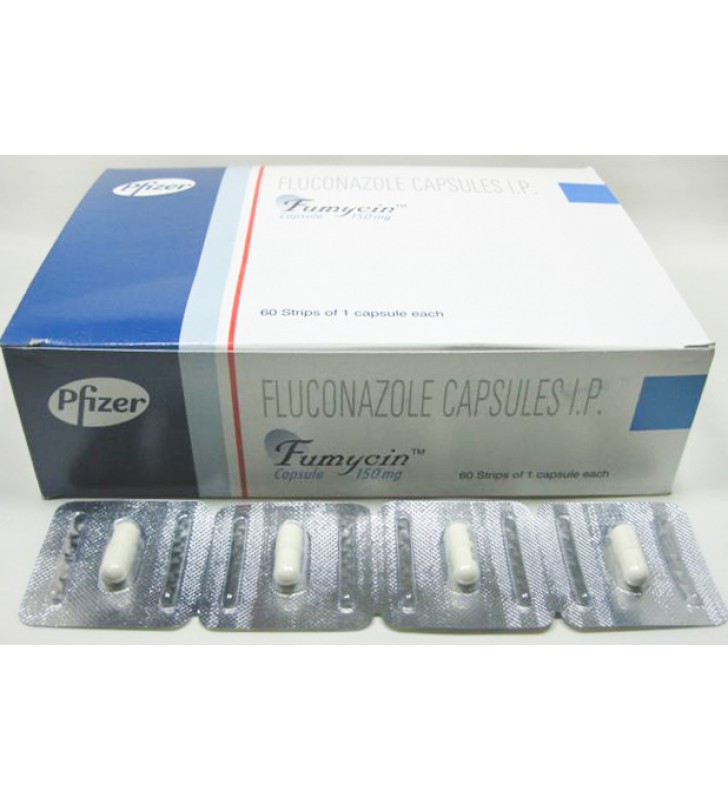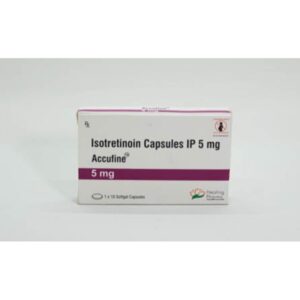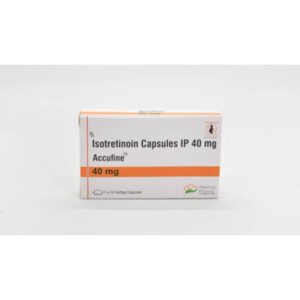Description
Fluconazole is a drug that is prescribed for the treatment of vaginal candidiasis, pneumonia, meningitis and fungal infections of the mouth, throat, liver, kidneys, heart, urinary tract and abdomen. It works by slowing the growth and replication of the fungi responsible for the disease. Each capsule contains 150 mg of Fluconazole as its active ingredient.
Drug = Fluconazole
Strength = 150 mg
Contains – 4 tablets
How to take
This medicine may be taken with or without food, at the same time each day.
Take exactly as directed by your doctor or according to the instructions on the label. Do not take more or less than instructed by your doctor. Do not stop taking it unless instructed by the doctor.
Dosage of Fluconazole (Fumycin) 150 mg Capsule
Adult: Oropharyngeal candidiasis: Treatment: Initially, 200-400 mg on Day 1, followed by 100-200 mg once daily for 7-21 days (until the disease is in remission). Prevention of relapse in patients with HIV: 100-200 mg once daily, or 200 mg 3 times a week.
Esophageal candidiasis: Treatment: Initially, 200-400 mg on Day 1, followed by 100-200 mg once daily for 14-30 days (until the disease is in remission). Prevention of relapse in patients with HIV: 100-200 mg once daily, or 200 mg 3 times a week.
Candiduria: 200-400 mg once daily for 7-21 days.
Chronic atrophic candidiasis: 50 mg once daily for 14 days.
Chronic mucocutaneous candidiasis: 50-100 mg once daily for up to 28 days.
Candidal balanitis; Vaginal candidiasis: 150 mg given as a single dose. Treatment and prophylaxis of recurrent vaginal candidiasis (4 or more episodes a year): 150 mg every third day for a total of 3 doses (Day 1, 4, and 7), followed by a 150 mg once weekly maintenance dose (6 months).
Dermatophytosis: Tinea pedis, Tinea corporis, Tinea cruris, Candida infections: 150 mg once a week, or 50 mg once daily. Tinea versicolor: 300-400 mg once a week for 1-3 weeks, or 50 mg once daily for 2-4 weeks.
Invasive candidiasis: Initially, 800 mg on Day 1, followed by 400 mg once daily for two weeks.
Cryptococcal meningitis: Initially, 400 mg on Day 1, followed by 200-400 mg once daily, for at least 6-8 weeks. Prevention of relapse in patients with a high risk of recurrence: 200 mg once daily.
Coccidioidomycosis: 200-400mg once daily for 11-24 months or longer depending on the severity of infection, clinical or mycologic response.
Prophylaxis of fungal infections in immunocompromised patients In patients with prolonged neutropenia: 200-400 mg once daily.
Missed Dose of Fluconazole (Fumycin) 150 mg Capsule
Take the missed dose as soon as you remember. If it is almost time for your next dose, skip the missed dose and return to your normal dosing schedule.
Do not double a dose under any circumstances.
Overdose of Fluconazole (Fumycin) 150 mg Capsule
If you have taken Fluconazole more than the usual dose, please seek medical help immediately.
Signs of overdose may include the following:
- Hallucination
- Paranoid behavior
Contraindications
People with the following medical conditions should not take Fluconazole:
- Hypersensitivity to fluconazole and its components
Side Effects
Fluconazole may have the following side effects:
- Anaphylaxis (rare)
- Decreased white blood and platelet counts
- GI symptoms (nausea, vomiting, diarrhea, abdominal pain, constipation)
- Dry mouth
- Body weakness and fatigue
- Itchiness all over the body
- Laboratory findings (elevated cholesterol and triglyceride levels)
- Headache
- Dizziness
- Increased sweating
- Alopecia
Warnings
Do not take Fluconazole with the following medicines:
- Warfarin
- Bosentan
- Ciclosporin
- Midazolam
- Nevirapine
- Amitriptyline
- Nortriptyline
- Phenytoin
- Rifabutin
- Sulfonylurea
- Nateglinide
- Celecoxib
- Parecoxib
- Tacrolimus
- Triazolam
- Zidovudine
- Simvastatin
- Atorvastatin
- Theophylline
- Rifampicin.
Potentially Fatal combination
- Astemizole
- Cisapride
- Terfenadine
- Quinidine
- Pimozide
- Erythromycin
- Fentanyl
Inform your physician of the medications that you are presently taking
This list does not include all medicines that may interact with Fluconazole.
How Does It Work?
Fluconazole works by inhibiting the demethylation of fungal CYP450 mediated 14 α-lanosterol, an enzyme necessary for the synthesis of the fungal cell wall, thereby inhibits the formation of the fungal cell membrane and decreases the ergosterol biosynthesis.
Uses
Fluconazole is used to treat the following conditions:
- Oropharyngeal candidiasis
- Esophageal candidiasis
- Candiduria
- Chronic atrophic candidiasis
- Chronic mucocutaneous candidiasis
- Candidal balanitis
- Vaginal candidiasis
- Dermatophytosis
- Invasive candidiasis
- Cryptococcal meningitis
- Coccidioidomycosis
- Prophylaxis of fungal infections in immunocompromised patients
Special Precautions and Warnings
Take special precautions if you have the following conditions:
- Hypokalemia
- Electrolyte abnormality
- Advanced cardiac failure
- Serious Underlying Disease
- Acquired immunodeficiency syndrome (AIDS)
- Malignancy
- Renal and hepatic impairment
- Children
- Elderly
- Pregnancy
- Lactation
Storage Conditions
- Tab, cap, powder for oral use: Store below 30°C.
- Store in a cool, dry place away from the reach of children.
- Do not use Fluconazole after the date on the bottom of the package.






Reviews
There are no reviews yet.